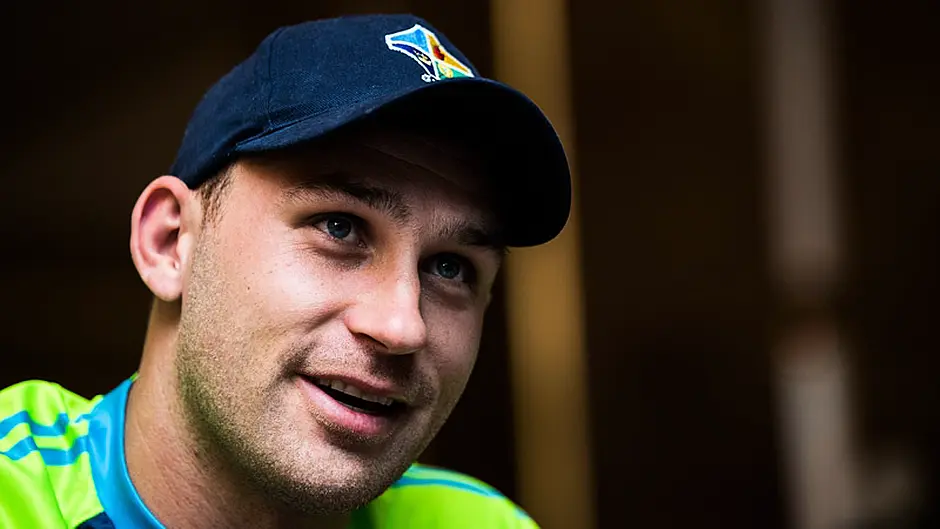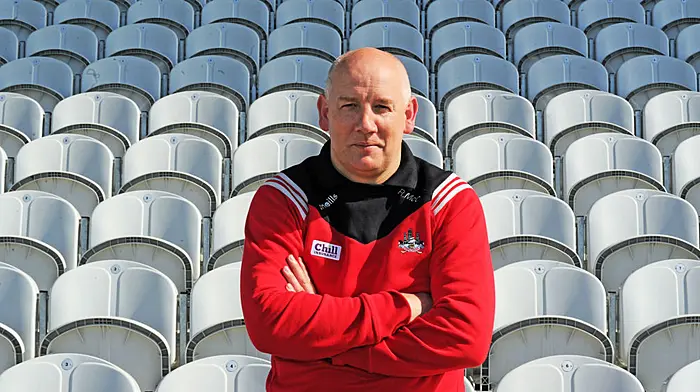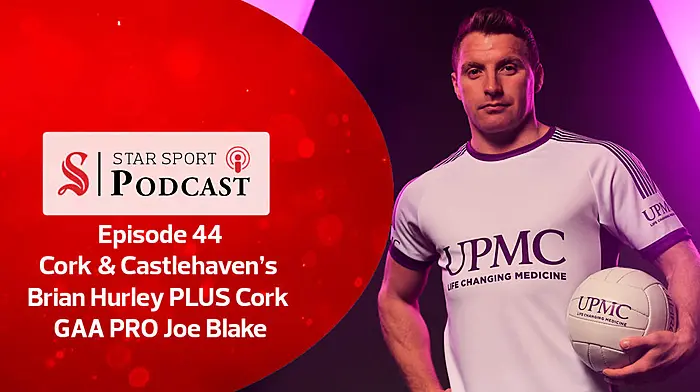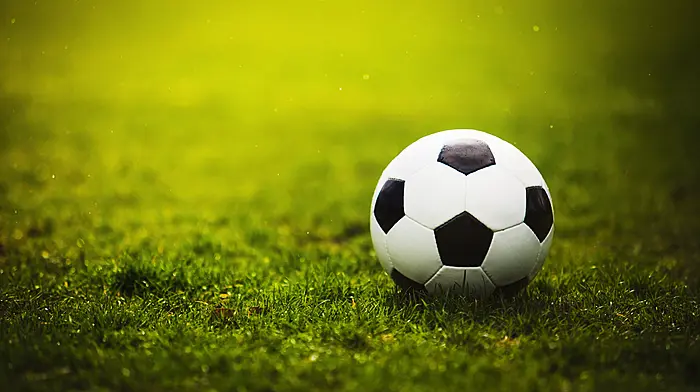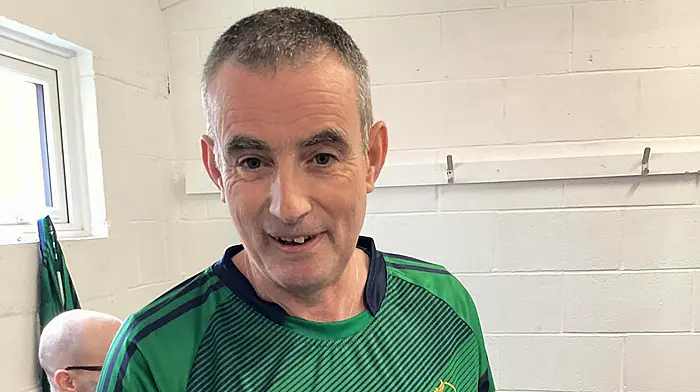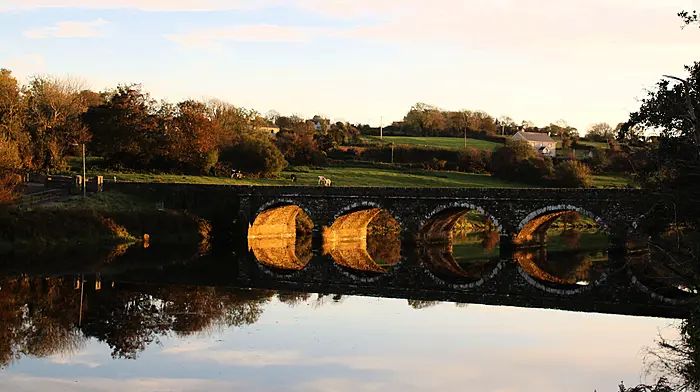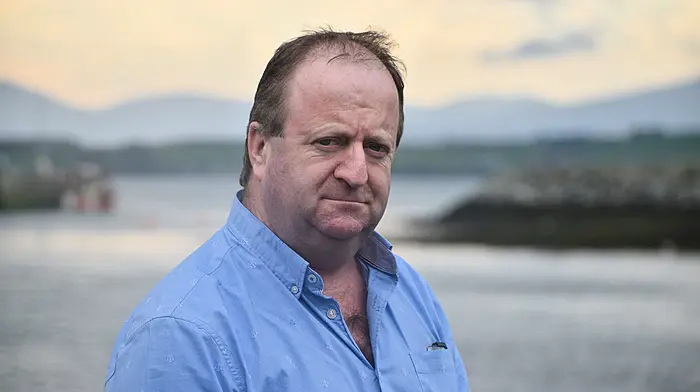HAVING had just one survivor from the 2010 All-Ireland win this year, the Cork footballers are likely to have that representation doubled for 2020.
Assuming Paul Kerrigan stays on for another year, he will be joined by Ciarán Sheehan, who helped Éire Óg to win the county premier intermediate title this autumn following his return from Australia.
Those who know their history will be hoping that Sheehan’s Rebel renaissance will be something like that of Dinny Allen three decades ago. Having played in the 1972 Munster final, he missed the 1973 All-Ireland victory as he was playing soccer for Cork Hibernians. While he returned to Cork and was named on the special centenary team of the best players never to win an All-Ireland in 1984, his inter-county race looked to be run when he was left off the panel in 1986.
However, two years later his Nemo Rangers colleague Billy Morgan coaxed him back and, though he looked to retire after the All-Ireland defeat to Meath in 1988, he was again persuaded to stay on. That Nemo retained the county title, allowing Allen to be nominated as captain for 1989, was a factor and it meant he signed off in perfect fashion, lifting Sam Maguire after Cork beat Mayo to win the title for the first time in 16 years.
Twelve months later, Larry Tompkins was the man lifting Sam for Cork and he too would undertake a comeback after he had seemingly retired. Having played in the 1995 Munster final win over Kerry – still Cork’s last championship win in Killarney – Tompkins missed the All-Ireland semi-final loss to Dublin and that looked to be that for him with Cork, especially as he was chosen as the man to replace Billy Morgan as manager in late 1996.
Castlehaven reached the county final the following year with Tompkins in imperious form and though they lost to Beara, they bounced back to win the Munster Club SFC title and would have reached the All-Ireland final but for the bizarre awarding of a non-goal to Erin’s Isle in the semi-final.
So impressive was the Kildare native that his fellow selectors felt that he still had something to give on the pitch and so he lined out in his familiar number 11 jersey for the Munster semi-final against Kerry in Killarney in 1998. Cork lost by three points but Tompkins acquitted himself well, however with no back door the season was over for Cork and, at the age of 36, he focused on the management side.
More recently, Michael Shields was a returnee from Australia like Sheehan, though with just a year away in 2008, while Eoin Cadogan and Aidan Walsh see-sawed between football and hurling.
Local West Cork stars Kevin O’Sullivan and John Hayes also both stepped away before coming back but unfortunately each return was relatively short-lived.
The news of Sheehan’s inclusion in the extended panel will give Cork football and its perception a boost if nothing else, but there will be a lot of interest in how he will be used and how strong his impact can be.
Being a professional sportsman for much of his time in Australia means that fitness or conditioning shouldn’t be a concern beyond an additional adaptational period.
The game has changed even in the six and a half years since he left though and in 2009 Tadhg Kennelly initially found things difficult after he swapped Sydney Swans for Kerry and it wasn’t until the summer that he properly got into his stride. Of course, he finished that year with an All-Ireland medal – via an elbow to Nicholas Murphy’s head – and Cork fans would welcome similar for Sheehan.
He brings qualities that are not overly plentiful, so patience is important. Ronan McCarthy’s comments after it was revealed that Sheehan would be coming back indicated a cognisance that it might take a while for him to find his feet again.
‘The key thing is that people are patient, the Cork supporters in particular. We’ve seen with players in other counties, like Kerry and Kildare, that when they come back from Australia that it takes them a while to get used to Gaelic football again,’ McCarthy said.
‘It’ll be important to give Ciarán time to adapt again, and we’re not talking even about one season in that sense, if it takes longer than that, then it takes longer.
‘He’s a top-quality person first of all, a top-quality player, and he’s a good age for the group that we have at the moment. He was a top player when he went out and with a bit of time and patience, I think he can get back to those levels again.
‘Certainly, in terms of preparation and so on he can’t but raise standards within the group, I think it’s a win all day long for us.’
Beyond on-field contributions though, what he can bring immediately is experience, which is also something in short supply. His mere presence should be an aid for the younger players just coming on to the squad and if his professionalism can rub off on them, then the move could be classed as a success even without taking anything else into account.

